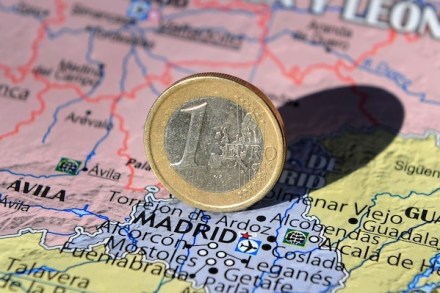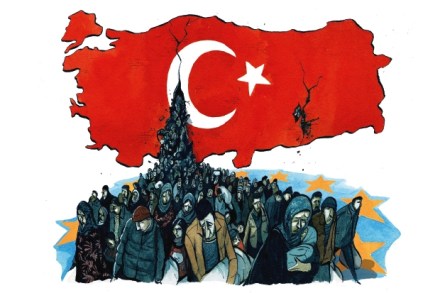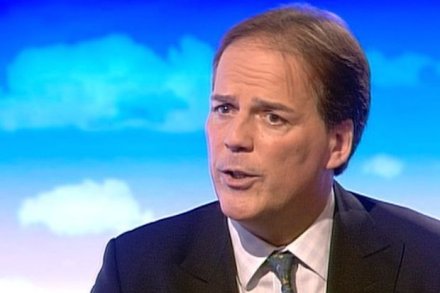A Eurosceptic union is forming across Europe
Of all the barbs fired at us Brexiteers, the one that’s irritated me most is ‘Little Englander’. The suggestion is that pro-EU people are broad-minded Europhiles while Brexiteers are petty nationalists who want to dismantle the Chunnel and while away our days drinking tea and slagging off Germans. It couldn’t be more wrong. In fact, the most wonderful thing about Brexit — glorious, rebellious Brexit — is the new European unity it is forging. Far from giving an English two-fingered salute to the continent, the Brexit bug is helping bring the continent together, uniting peoples who’ve had a gutful of the technocrats. The overthrow of Matteo Renzi is 2016’s latest


















